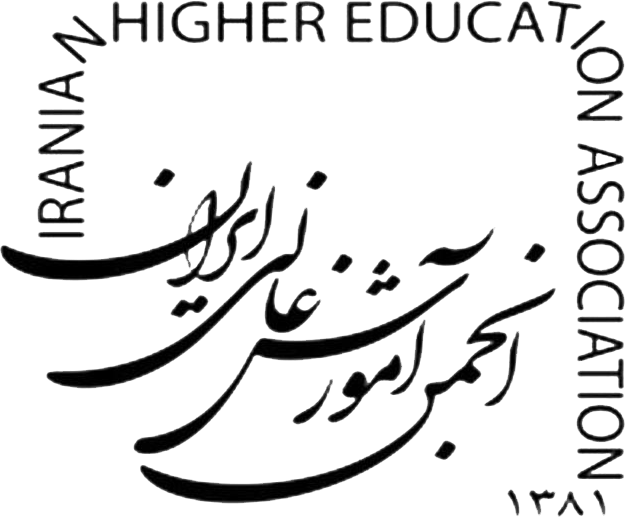Volume 11, Issue 4 (2019)
ihej 2019, 11(4): 165-191 |
Back to browse issues page
Download citation:
BibTeX | RIS | EndNote | Medlars | ProCite | Reference Manager | RefWorks
Send citation to:



BibTeX | RIS | EndNote | Medlars | ProCite | Reference Manager | RefWorks
Send citation to:
Nouri M, Edjtihadi M, Mohammadkhani K, Hosseini M A. Providing and Validating the Model of Organizational Excellence Promotion at Farhangian University (case Study: Area 10 of Farhangian University: Kermanshah, Kurdistan and Hamedan). ihej 2019; 11 (4) :165-191
URL: http://ihej.ir/article-1-1370-en.html
URL: http://ihej.ir/article-1-1370-en.html
1- Farhangian University , nouri.edu144@gmail.com
2- Faculty of Literature and Humanities, Shahid Beheshti University, Tehran, Iran
3- Islamic Azad University, Tehran Research Branch, Tehran, Iran
4- University of Social Welfare and Rehabilitation Sciences, Tehran, Iran.
2- Faculty of Literature and Humanities, Shahid Beheshti University, Tehran, Iran
3- Islamic Azad University, Tehran Research Branch, Tehran, Iran
4- University of Social Welfare and Rehabilitation Sciences, Tehran, Iran.
Abstract: (5781 Views)
Abstract
the purpose of this study was to present and validate the organizational excellence model in Farhangion universities of Kermanshah, Kordestan and Hamedan through a mixed method among the elites, professors and managers of these universities. The strategy used in this study is sequential exploration strategy. This strategy uses two stages of data collection and analysis. In the first stage, the analysis is based on qualitative data and the research continues with the collection and analysis of quantitative data. Qualitative findings show that in the coding phase after closer examination and linkage between the concepts of subcategories, 11 axiological categories were obtained which include Knowledge, surrogacy, sustainability of desired results, networks and communication skills, organizational efficiency, human resources, Shared value creation, organization competitiveness, empowerment, elite and excellence leaders, and identifying improvement points, Then by further abstraction of these categories in the selective coding process, a core category of "Organizational Excellence in a Model of Organization Empowerment by Elite and Excellent Managers, along with identifying "Improved and efficient points obtained that leads to the creation of sustainable values and the development of surrogacy." It appeared to cover all other categories. In the quantitative section, considering the data obtained from the statistical inference of research in a structural equation model, estimates and significance level showed that the effect of all variables on the dependent variable of organizational excellence was significant.
Send email to the article author
| Rights and permissions | |
 |
This work is licensed under a Creative Commons Attribution-NonCommercial 4.0 International License. |





